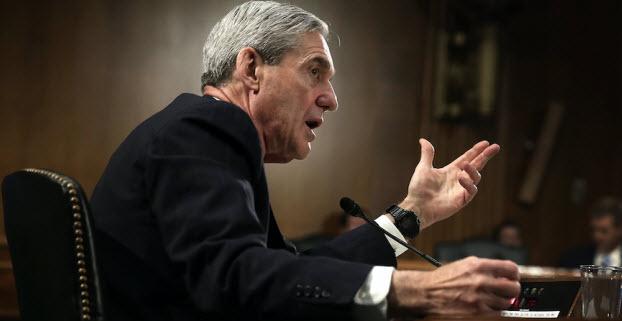Ohio finds speed cameras “unconstitutional,” city forced to pay back millions
02/22/2017 / By Jayson Veley

I’ve been involved in political commentary for almost ten years now, so naturally during that time I’ve read thousands upon thousands of political stories. What I’ve found is that the more I learn about our country, and the more I observe the modern day political climate, the more striking similarities I see between America and the George Orwell novel 1984.
We currently live in a country where “big brother” is no longer merely a concept inside a fiction book. From oppressive gun laws to the NSA tapping into private phone calls, federal databases to televisions that are capable of spying on you, it is nearly impossible to deny the fact that the size and scope of the government is expanding. (RELATED: This company has built a profile on every American adult in the country).
A relatively new piece of technology is speed cameras, which are beginning to pop up in cities and heavily populated areas across the country. These cameras are capable of detecting the speed of a passing vehicle. If the vehicle is speeding, the machine captures an image of the vehicle, which is clear enough to reveal the car’s color, type, make and license plate number. Additional information is also recorded, including the date and time of the offense, the direction in which the vehicle was traveling, the speed of the vehicle, the speed limit in the area, and even the lane that the vehicle was traveling in. But just because this technology is clearly advanced and capable of doing many things does not mean that it’s without flaws.
In 2013, a small group of lawyers in New Miami, Ohio, filed a lawsuit against the cities speed cameras, arguing that the technology was unconstitutional because they strip citizens of their due process rights. The cameras, created and set up by a private vendor called Optotraffic, would record the required information and then automatically send the driver a bill for up to $180 in the mail.
In total, Optotraffic was able to collect $3,066,523.00 from drivers passing through a small stretch of road on U.S. 127, which links Cincinnati with north parts of the state. Now, Judge Michael A. Oster Jr. of Butler County Court of Common Pleas has ruled that the city must pay back every cent of it.
“If the government has created an unconstitutional law/ordinance that has taken people’s money without affording them the necessary due process protections, should not justice demand, and the law require, restitution of that money to the people?” Judge Oster asked in his ruling. “Once the complexities of the law are analyzed, the answer is simple: yes.”
Although the city tried to fight the ruling in Ohio’s second highest court, in the end, Judge Oster’s ruling was so obvious that the Supreme Court didn’t even feel the need to get involved in the matter.
This wasn’t the first time that automated speed cameras have done a disservice to the people. Chicago Mayor Rahm Emanuel had established the same system a couple of years ago to keep a watchful eye on the streets. Yet these cameras were improperly used, ticketing people at times when the cameras were supposed to be off and the warning signs were either confusing or flat out missing. As a result, the program improperly collected over $2.4 million in fines. Not only are these ticketing machines a violation of our civil liberties, but they also suck millions of dollars out of the pockets of American citizens, many of whom are already struggling as it is.
Upholding the law is certainly important – after all, without law and order our society would cave in on itself like a house of cards. But without the Constitution and our inalienable rights, we are in the dark. That’s why it is necessary to find ways to enforce the law, while also upholding the basic principles that America was founded on. (RELATED: Read more liberty news at Liberty.news)
Sources:
Tagged Under: Constitution, due process, Liberty, police state, speed cameras, surveillance




















